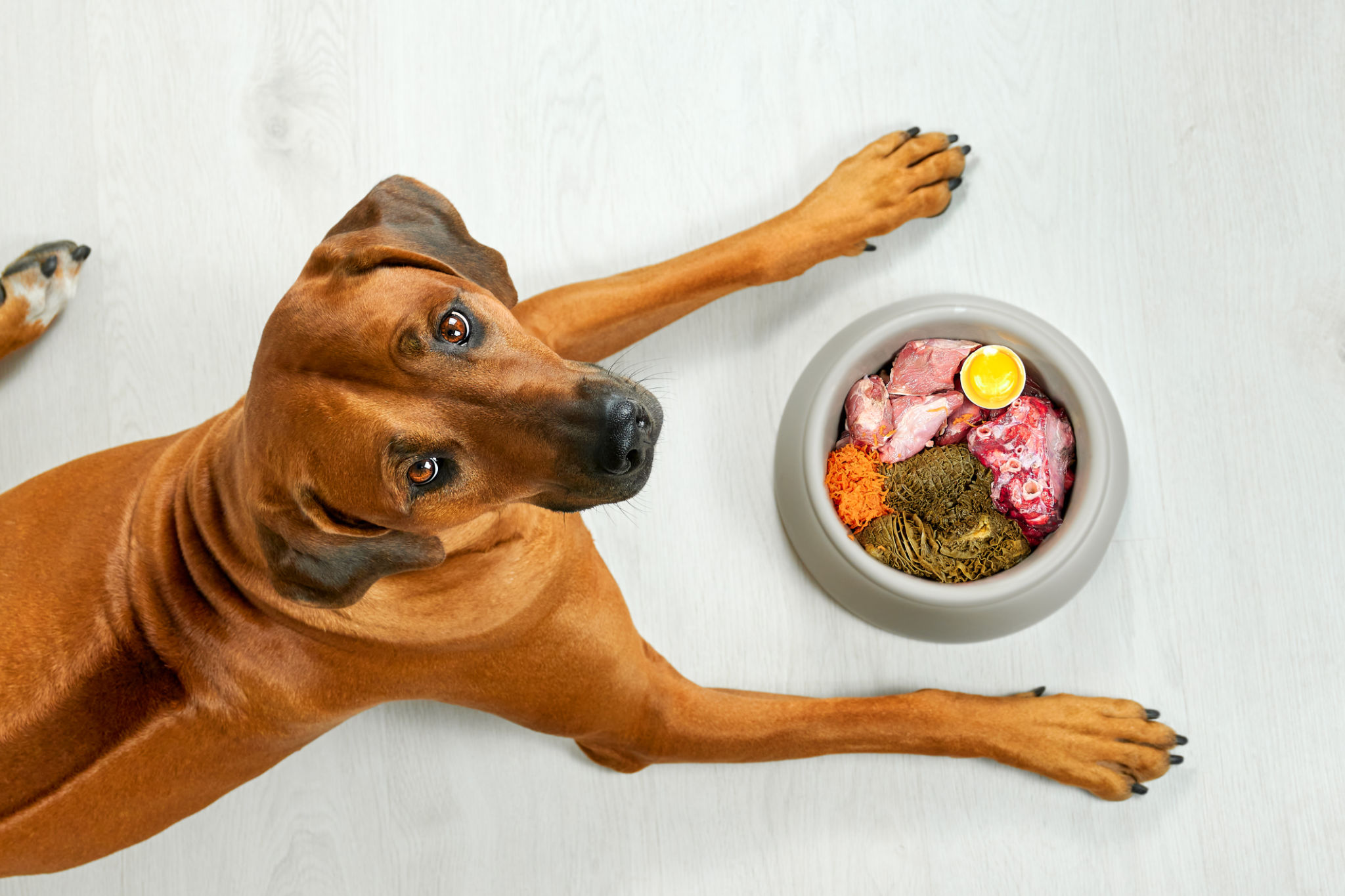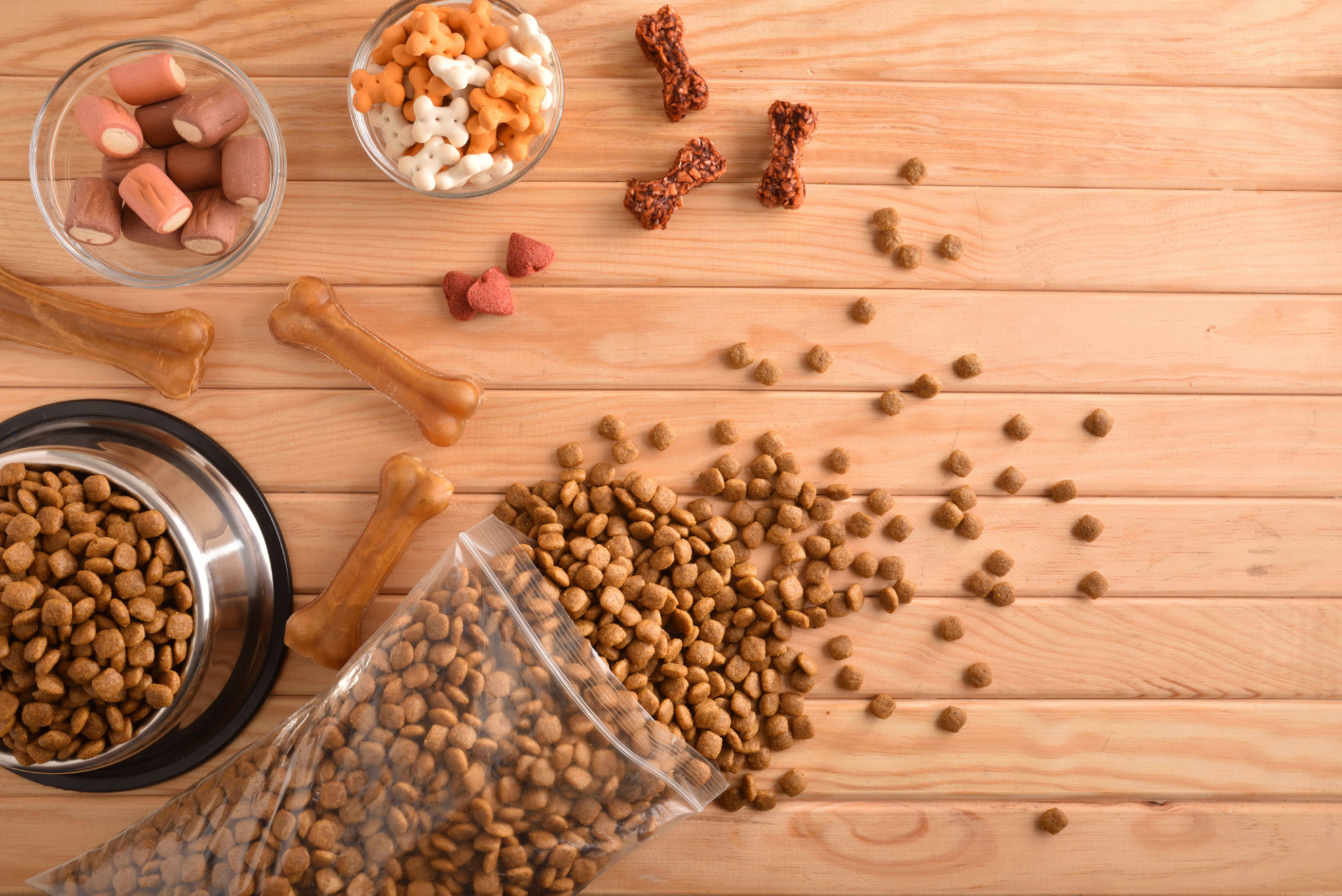Common Misconceptions About Pet Nutrition: Debunking Myths
Vl
Understanding Pet Nutrition Myths
When it comes to pet nutrition, there is no shortage of advice—and, unfortunately, misinformation. Many pet owners strive to provide the best diet for their furry companions, but common myths can lead to confusion and inappropriate feeding practices. In this post, we'll debunk some prevalent myths about pet nutrition, ensuring your pets receive the nourishment they need for a healthy life.

Myth 1: Grain-Free Diets Are Always Better
The belief that grain-free diets are inherently superior for pets has gained popularity in recent years. However, this is not necessarily true. While some pets may have specific grain allergies, most can digest grains without issues. In fact, grains can be a good source of essential nutrients and energy. The key is to focus on a balanced diet that meets the nutritional needs of your pet, rather than eliminating grains entirely without a valid reason.
Myth 2: Raw Diets Are the Healthiest Option
Raw diets have become a trend among pet owners who believe it's a more "natural" way to feed their animals. However, feeding pets raw meat can pose significant health risks, including exposure to harmful bacteria like Salmonella and E. coli. Additionally, raw diets can be nutritionally unbalanced if not properly formulated. It's crucial to consult with a veterinarian before making any drastic changes to your pet's diet.

The Importance of Nutritional Balance
Ensuring your pet receives a well-rounded diet is more important than adhering to popular trends. Balanced nutrition supports overall health, energy levels, and longevity. Understanding the nutritional requirements of your specific pet, considering factors such as age, breed, and activity level, will help you make informed decisions about their diet.
Myth 3: All Human Food Is Dangerous for Pets
It's a common misconception that human food is entirely off-limits for pets. While certain foods like chocolate and onions are toxic, many fruits and vegetables can be safe and beneficial in moderation. For example, carrots and apples can serve as healthy treats for dogs. Always research or consult with a veterinarian before introducing new foods into your pet's diet.

Myth 4: Dry Food Is Bad for Pets’ Teeth
Another widespread myth is that dry food is harmful to pets' dental health. In reality, dry kibble can help reduce plaque buildup by mechanically cleaning the teeth as pets chew. However, it's important to combine dry food with regular dental care, such as brushing your pet's teeth and providing dental treats approved by veterinarians.
Making Informed Decisions
Navigating the world of pet nutrition can be overwhelming, but separating fact from fiction is essential for your pet's health. By debunking these common misconceptions and consulting with veterinary professionals, you can ensure that your furry friend receives the best possible nutritional care. Remember, every pet is unique, and their dietary needs may vary significantly.
Ultimately, a balanced diet tailored to your pet's specific needs will promote a long, healthy life filled with vitality and joy. Keep learning and stay curious about pet nutrition to make the most informed choices for your beloved companions.
